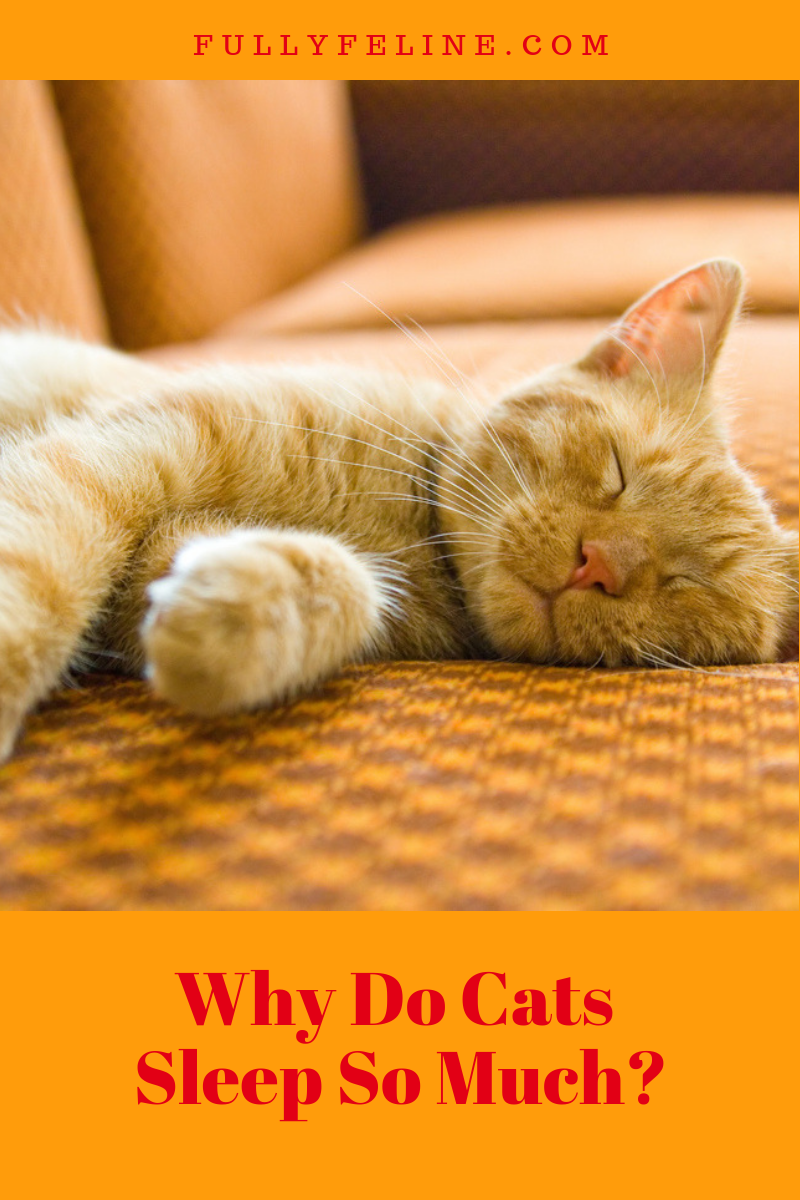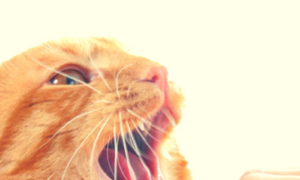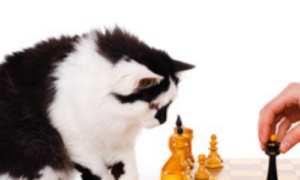Who doesn’t love a good nap? I’ll be honest. When I was a little kid, I resisted them as much as possible. Now as an adult, I long for an opportunity to rest my weary head in the middle of the day. In some cultures, napping is a customary activity during the day.
For our feline friends, catnaps are not just a way of life but a physiological requirement! Did you know that cats sleep, on average, about 15 hours a day? (Geez! There are some WEEKS I don’t even get that much sleep!) Some cats can even slumber up to 20 hours during a 24-hour period. My question, however, outside of “How do I get in on that action?” is “Why so much?”
Cats are most active and alert between dusk and dawn. While you are trying to get your own sleep, your cat is up and about exploring. Then, of course, when breakfast is over for you and your cat, he will be curled up, fast asleep, and you will be heading off to work, all groggy-eyed and sleep-deprived.
Here are some insights on catnaps I found on petmd.com
Energy Conservation
Because cats are innate predators, they have to conserve that predatory energy. Even lions sleep during the day and hunt at night. Yes, cats are domesticated and have been for quite some time, but they still have that biological instinct to prowl at all hours of the night. And all of that hunting takes up so much energy – whether pursuing outdoor prey or just tackling that catnip toy you got him. And your cat needs all the reserve energy he needs to continue running, climbing, stalking and pouncing far into the next night.
They’re Light Sleepers
When cats doze throughout the day, they may either be in a light trance or in a deep sleep. However, a cat will instinctively position his body in such a way that he can immediately spring into action at a moment’s notice. Bear in mind that kittens and senior cats tend to sleep more than the average-aged adult cat.
Weather
The weather can also affect your cat’s sleep behavior and patterns. Is it raining outside and kind of gloomy? If so, you may find your cat curled up in a ball in your (his!) favorite chair for extended periods of time. I mean, let’s face it…when we are at home and the weather is gloomy, doesn’t it often make you feel like diving into the couch for some shut-eye?
Catnaps Are Adaptable
Even though cats tend to be most active at night, they can adapt their sleeping habits to fit yours, especially if they want to spend some time with you and your family. They can also adapt their sleeping schedule to accommodate their feeding times. (But of course! I would be willing to get up for a yummy meal!)
Yes, cats do sleep a lot, but when they are awake, they certainly do accomplish a lot!







